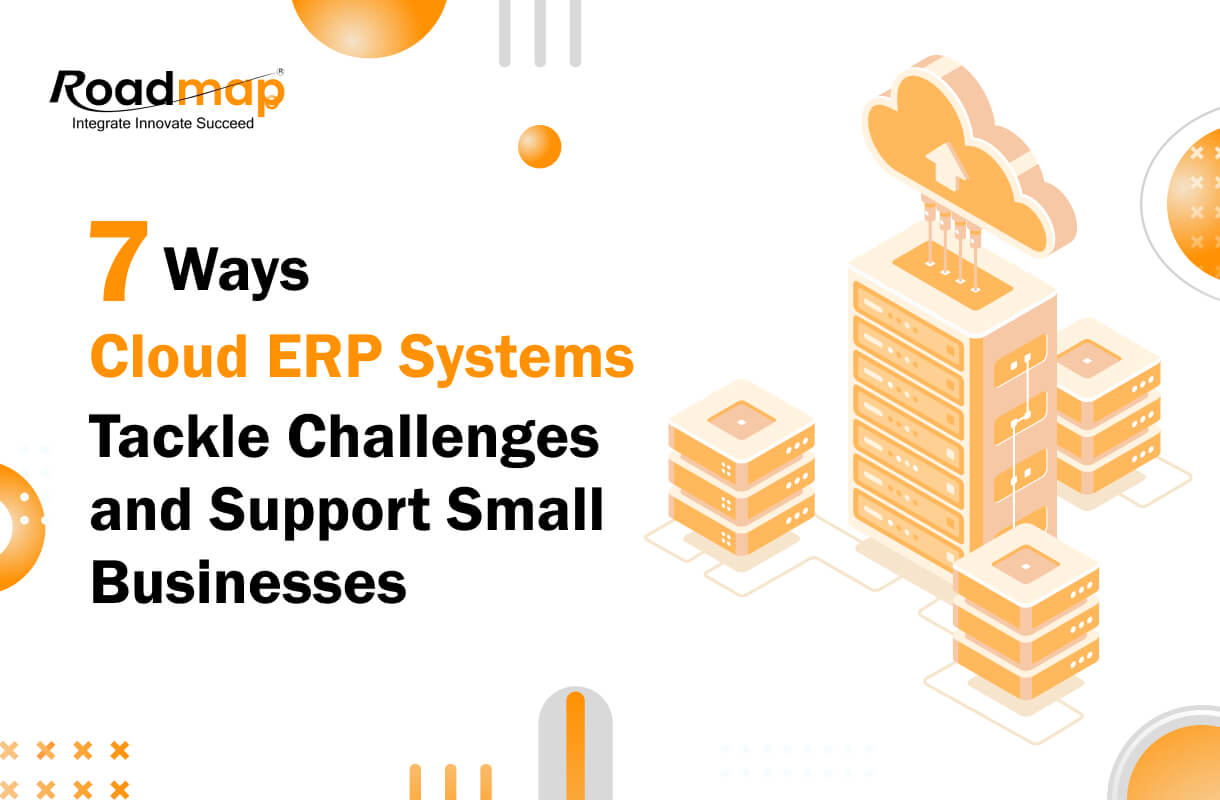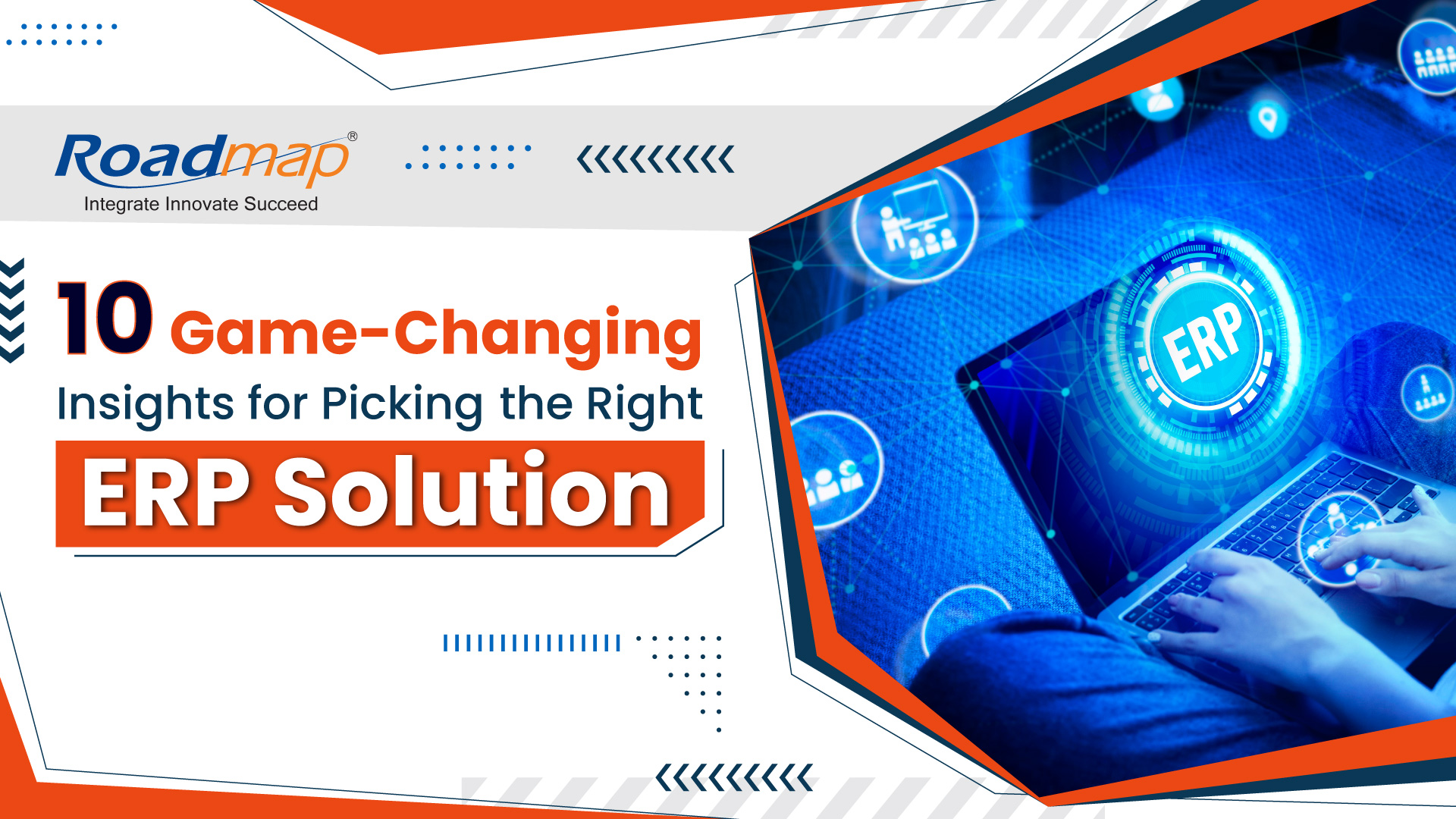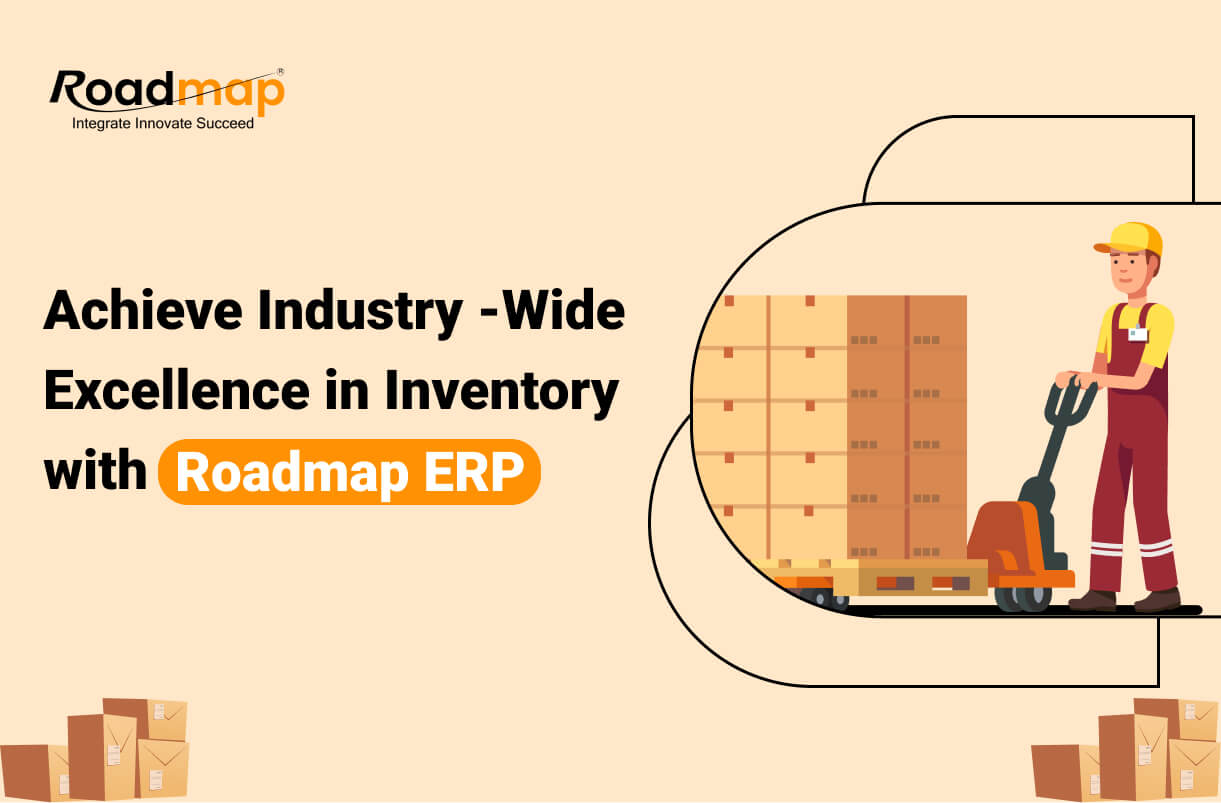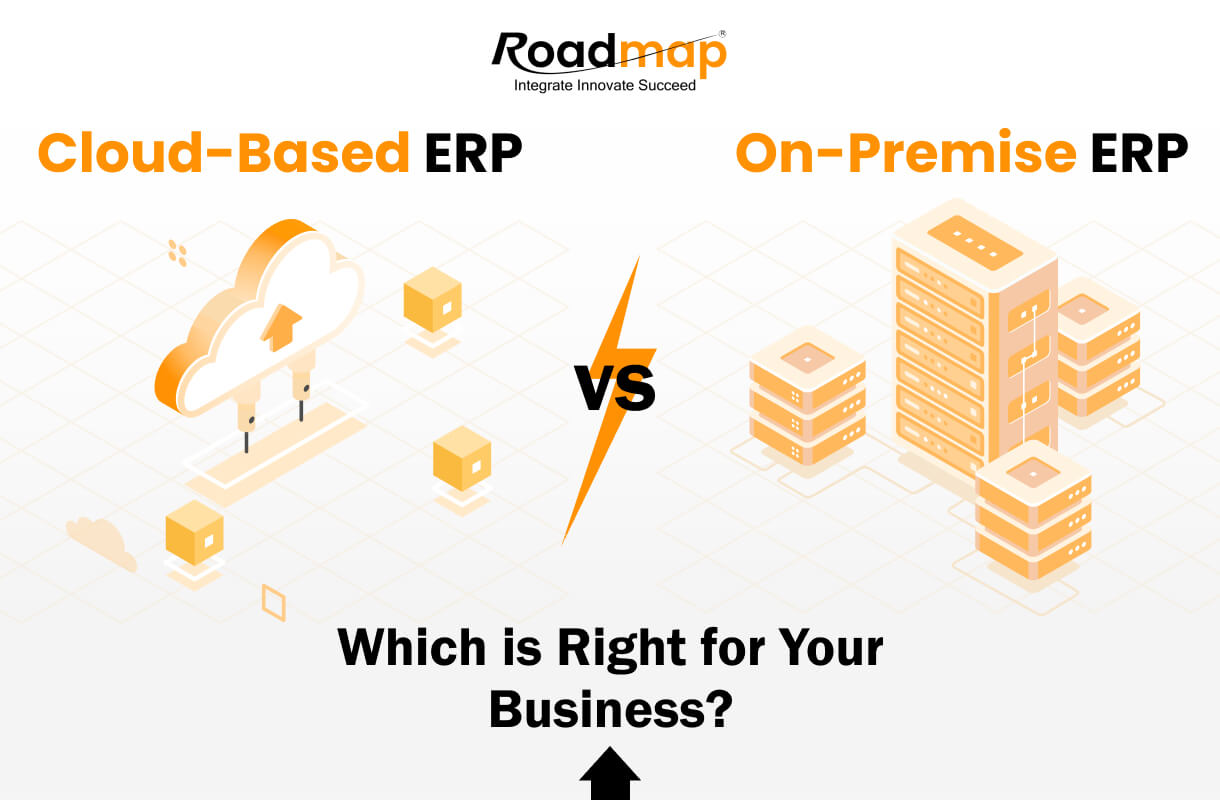Exploring the World of Technopolis Through Blogging

RoadmapIT
Nov 04, 2025
Comments (05)
7 Ways Cloud ERP Systems Tackle Challenges and Support Small Businesses
Cloud-based ERP enables businesses to make quick decisions in today's unpredictable business environment by providing corporate visibility, mission-critical data on a single platform, and support for collaboration across remote workforces.
Here, we shed light on the primary difficulties that small business firms face and how cloud ERP systems can help them turn their businesses into resilient organizations that can weather any storm.
1. Enable Remote Workforce Management and Collaboration:
The transition to remote work has proven beneficial since the pandemic. Reality hit hard as firms struggled with crucial processes like 'closing the books' with a remote workforce. Using Cloud ERP systems, you can evaluate data, make changes, and close the books remotely without needing to be in the same location.
2. Complies with Accounting Standards and Regulatory Requirements:
Cloud ERP receives regular feature and capability updates automatically handed on to the user, allowing it to handle accounting rule changes better than traditional ERP systems. It provides a better path for adapting to the new regulations.
3. Provides All Organizational Processes with a Unified and Accurate Picture of the Business:
Cloud ERP delivers precise, real-time data, allowing teams to work more effectively. Using real-time inventory data, sales, and marketing can create promotions for products in stock, resulting in more revenue and happier customers.
4. Drives Quick Reaction Times:
Businesses with disjointed systems frequently rely on IT or finance teams to collect data and generate reports; in contrast, cloud ERP systems provide role-based dashboards that provide employees access to the information they need to execute their jobs. Cloud ERP solutions allow you to delve down for more detailed analysis without needing help from the IT department.
5. Reduce Operational Risk:
Without efficient accounting and procurement controls in the business operational system, firms are vulnerable to disclosing accurate information to investors, auditors, or regulatory bodies. Cloud ERP helps to mitigate these risks by incorporating approval workflows into procurement, accounts payable, and other financial operations, as well as restricting access to system features and data based on user roles and permissions.
6. Track Unit Economics, Customer, and Project Profitability:
Companies can use cloud ERP to gain visibility into whether goods have positive versus negative margins by tracking unit economics to generate business development and profitability estimations.
7. Helps Companies Scale and Adapt:
Companies that rely on spreadsheets or another basic accounting system will eventually outgrow those solutions as they develop and become more complicated. When these firms create new sites, establish subsidiaries, or begin to handle numerous currencies, the demand for a more comprehensive enterprise system grows exponentially.
In conclusion, Cloud ERP systems are not only cost-effective, but it also simplifies system implementation and operations management. Also, it enables high degrees of visibility into processes and performance as well as access to tools and data from any location.
ERP ERPSoftware CloudERP Financial Accounting





